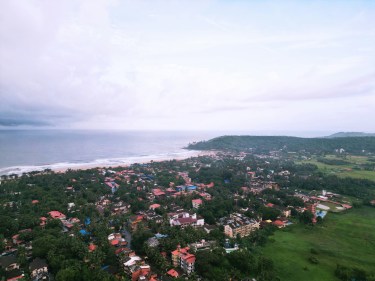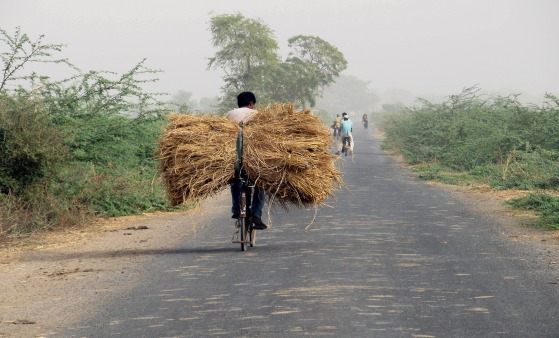
Goa’s chief minister, Pramod Sawant, has called for a law to ban what he claims are forced religious conversions in the state. His comments have drawn criticism from opposition leaders and concern from Christian groups, who fear the law could be misused against religious minorities.
Speaking during the recent monsoon session of the state legislative assembly, Sawant said Goa should consider passing a law similar to those already in place in other Indian states, such as Uttar Pradesh. These laws are designed to prevent conversions by force, fraud or inducement, but they have often been criticised for targeting Christians and other minority groups.
"Many states have passed anti-conversion laws, and I believe we also need one," Sawant said.
However, opposition lawmakers questioned the need for such legislation in Goa. They argued that there is no clear evidence of widespread forced conversions and accused the chief minister of promoting a national political agenda in the state. Sawant is a member of the Bharatiya Janata Party (BJP), which governs over a third of India’s states and is known for promoting Hindu nationalist policies.
Vijay Sardesai, a member of the Goa Forward Party, challenged Sawant to provide proof of forced conversions. He warned that such comments and actions could harm Goa’s unique identity and its long-standing tradition of religious harmony.
Independent legislator Aleixo Lourenço also asked the chief minister to back his claims with official data, saying such sensitive issues must be handled with care and facts.
Goa, a former Portuguese colony until 1961, is known for its diverse and peaceful religious makeup. Around 25% of its 1.4 million residents are Roman Catholic. For generations, the state has been seen as a model of communal unity in India.
A recent editorial in The Goan, a local newspaper, warned that any anti-conversion law passed without proper discussion could be used for political or communal purposes. The editorial urged the government to focus on protecting the state's inclusive values and to avoid measures that could create division or fear.
Twelve Indian states currently have anti-conversion laws in place. These laws carry strict penalties, including heavy fines and prison sentences, for anyone found guilty of converting others through coercion, fraud, or incentives.
Critics of these laws say they are often used to target Christians and restrict their freedom to share their faith. Churches and Christian leaders have repeatedly called for protections that ensure true religious freedom for all communities in India.
Adapted from ICC.




